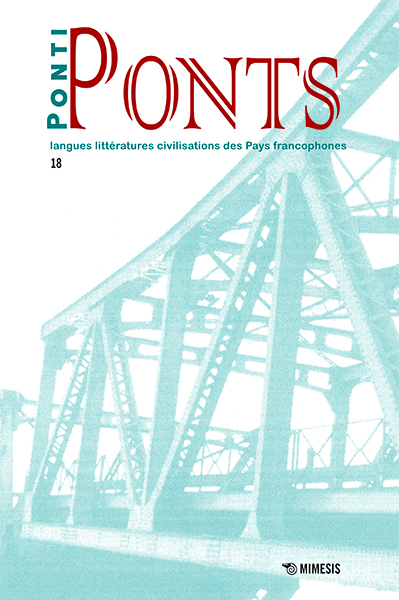Abstract
This article proposes a lexical exploration around the canoe motif, an instrument of discovery, conquest and travel emblematic for the French-speaking communities of North America, which inherited it from the Amerindian populations. By a socio-historical approach based on the observation of the diachronic movement of the vocabulary, I try to describe the lexicological productivity of the word canot, by an analysis of the denominations built around this noun. To do this, I rely on the Fichier Lexical of the Trésor de la langue française au Québec, a corpus of quotations created at the Université Laval between 1975 and 1990 that includes more than 1,200,000 records, of which about 400,000 are available for consultation.

